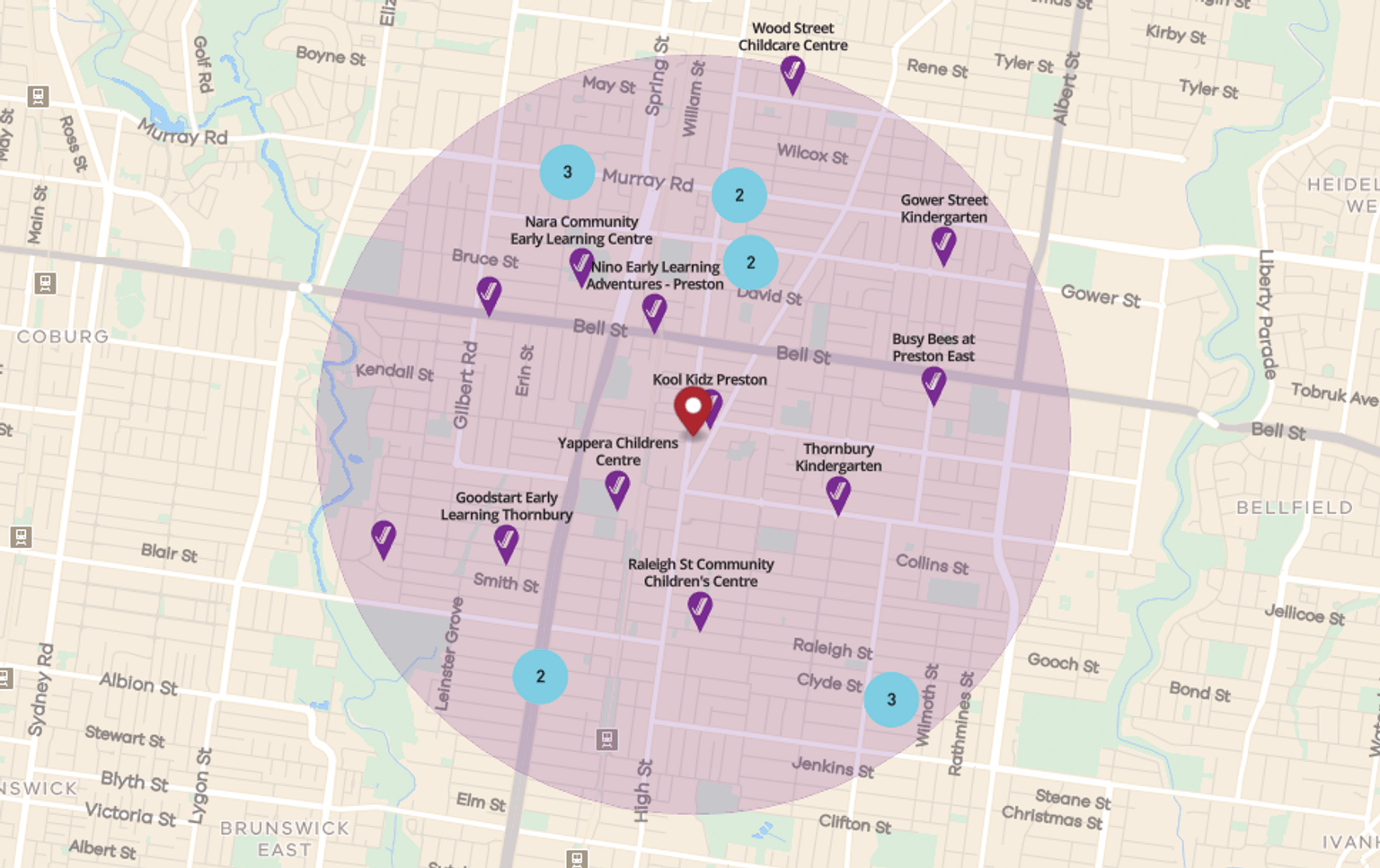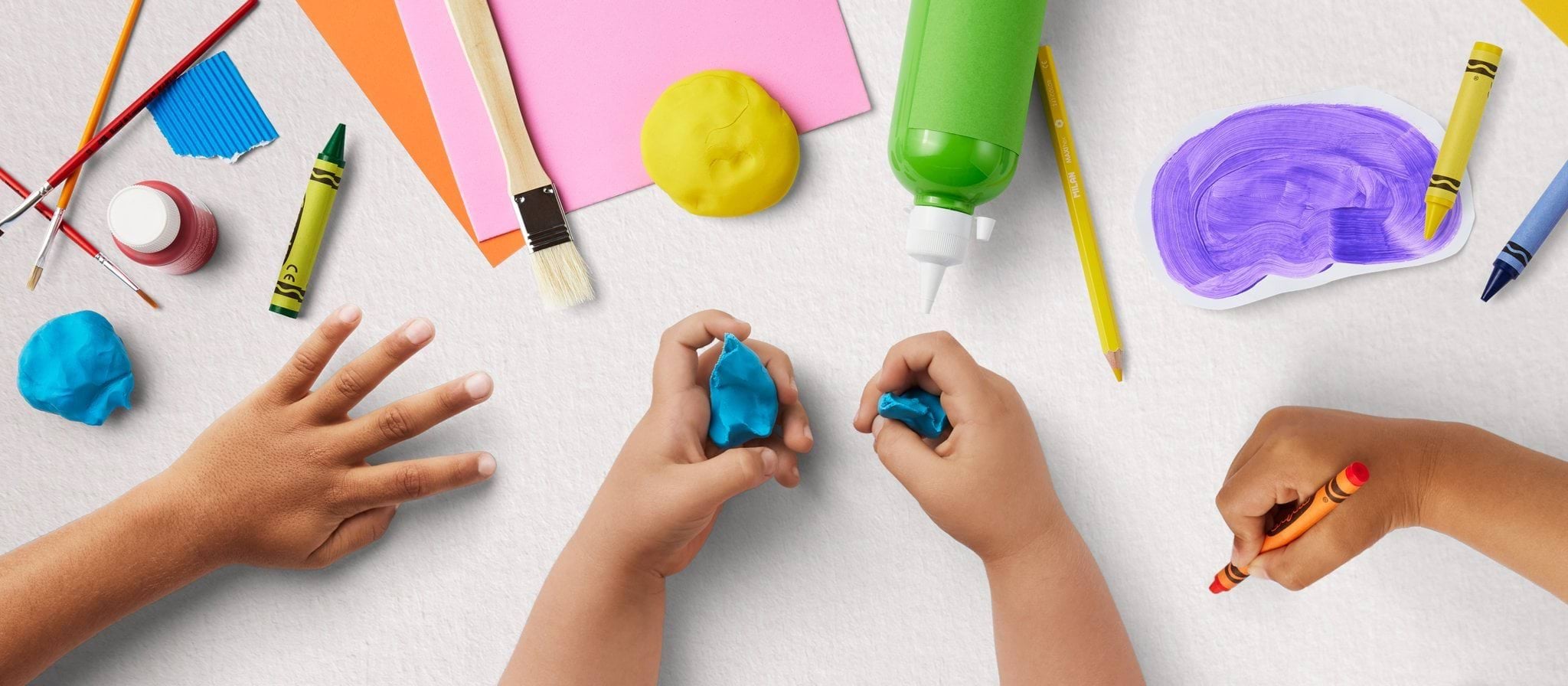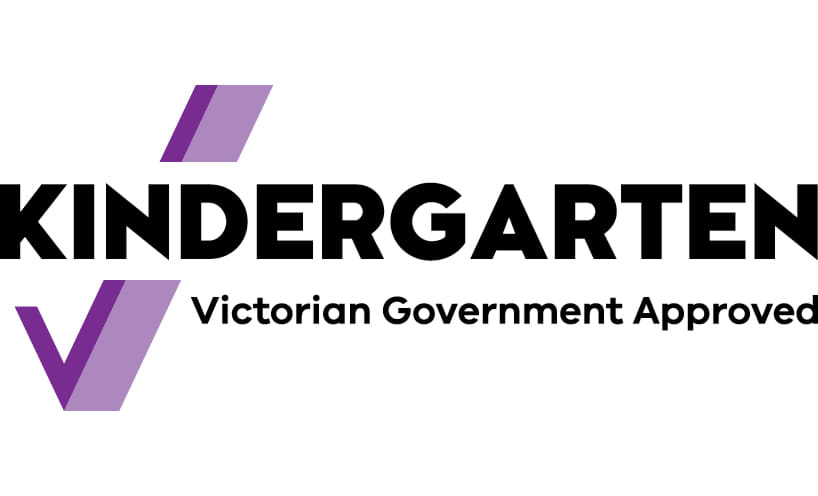About the Kinder Tick
The Kinder Tick helps Victorian families find a funded kindergarten program for their children.
When you see the Kinder Tick, you can be confident:
- the program will be led by a qualified teacher
- children will benefit from play-based learning
- the kindergarten program is funded and approved by the Victorian Government
- the program complies with government guidelines and the National Quality Framework.
This is the same in both long day care and sessional or “standalone” kindergarten services.
No matter where your child attends a kindergarten program, they’ll be learning through play with an early childhood teacher. Research shows that learning through play helps young children learn and develop which prepares them for school and life.
Kinder Tick is not a rating system
All kindergarten programs in Victoria are independently assessed and rated under the National Quality Framework, which is a separate process. You can find descriptions of every service’s National Quality Framework rating on StartingBlocks.
Learn more about how to choose a quality service.
Finding a Victorian Government approved kinder program for your child
Where to look for the Kinder Tick
You can look for the Kinder Tick logo at your local early childhood education and care service, on the service or centre’s building or grounds, on their website or in their information materials.
The Kinder Tick is not linked with Free Kinder. All services running an approved program are eligible to display the tick.
Find a kinder
To find services offering free and government-approved kinder programs with play-based learning, visit the Find a kinder website.

Find a kinder program
Find services offering free and government-approved kinder programs with play-based learning.
Talk to your local kindergarten or childcare service about their enrolment process. A central enrolment system may operate in your area. To find out more, contact your local council.
Kinder is a program, not a place
Kindergarten programs are delivered in both long day care and standalone services.
You can choose what works best for your family and child – the kindergarten programs are the same. All funded kindergarten programs in Victoria are led by a qualified early childhood teacher and offer a play-based learning program based on the same government guidelines.
Long day care centre
A long day care centre offers a full day of education and care to children from birth to school age, and many offer a funded kindergarten program as part of their service. The teacher-led kindergarten program may be integrated with additional hours of education and care.
Kindergarten programs delivered in a long day care setting provide flexibility for parents and carers by offering childcare before and after the kindergarten program.
Standalone kindergarten
A standalone kindergarten offers up to 15 hours of a funded kindergarten program to eligible three and four-year-old children.
Availability in both service types
In both service types, the funded kindergarten program may be available on certain days and session times. These days and session times are set by the service.
Deciding where to send your child will depend on which services are available in your community, and your family’s needs.
Enrolling your child at a funded kindergarten program
You can talk to your local kindergarten service about their enrolment process and timelines.
Your local area may also operate a central enrolment process for some or all services. To find out more, contact your local council.
Translated information about the Kinder Tick
About government funding
Updated

